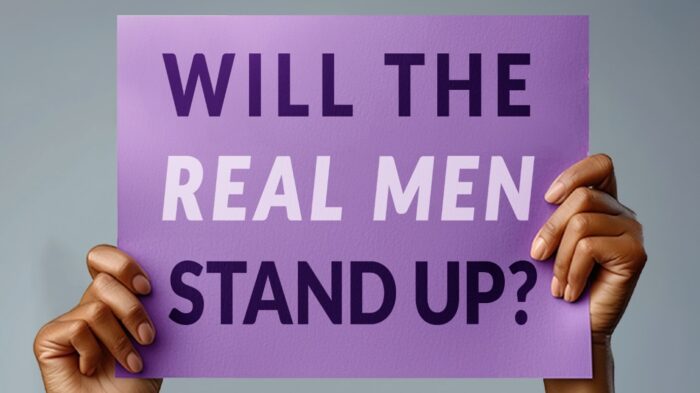From The CEO’s Desk
How to turn the Global Reset to your business’s advantage
The COVID-19 pandemic has laid bare the inequalities across our societies, bringing to the surface a situation which has long existed but which has worsened during this period. With millions left without income during shutdowns, and widespread human suffering, the pandemic has been the strongest argument yet for the need for a more inclusive economy.
While fundamentally changing the way in which society operates – certainly during global lockdowns but arguably extending into the future – the pandemic has also forced many businesses to close. It has required others to reinvent themselves to survive.
Regulators, lobby groups and thinktanks in Africa and around the world took note at the start of 2020 when the Annual Meeting of the World Economic Forum in Davos declared a focus on ‘Stakeholders for a Cohesive and Sustainable World’. Companies, delegates argued, must play a greater role in social impact at scale.
Enter COVID-19 and it is no surprise that Klaus Schwab, Executive Chairman and Founder of the World Economic Forum, argued the need for a “Great Reset” of capitalism. Systems in place before the pandemic were broken, Schwab stated. Global stakeholders must cooperate to manage the direct consequences of the COVID-19 crisis. The pandemic demanded a response that included a shift to a more fair, resilient and sustainable future. Businesses were asked to use the COVID lockdowns to “reset” business – that is, for businesses to focus on social upliftment as well as profits.
Major incentives for companies
Consider the impact of a public priority shift for the companies that elect to include social upliftment into their corporate strategies. Consider the public response to companies enhancing their social impact given the pandemic’s devastating impact on societies worldwide, public demand for fairer business practises, and the WEF’s call for a global reset. One thing is clear: positive corporate behaviour change will bring significant reputation benefits for companies at this time.
How companies behave today will shape the way they will be perceived long after the crisis. There is no template on how to adjust to a post-pandemic world. The effects of the global pandemic, are calling for a redesign of the social contract in real time.
Businesses, understanding that the focus on short-term profit maximisation is no longer tenable, realise that they must be accountable to the broad range of impacts that their operations have.
Many companies are already using the positive social impact they achieve to improve relations with stakeholders, draw consumers and win positive media commentary. Often included in corporate social responsibility activity, social upliftment work has long been understood to have these types of positive impacts on relationships and profits.
Investor support for a company’s positive social impact is another factor prompting corporate interest in social upliftment. This prompt to businesses to enhance their social policies and performance goes deeper than corporate social responsibility – investors require that companies embed social impact into their strategies.
Employee relations and productivity also encourages companies to pursue positive community initiatives. Benefits include more effective employee recruitment and retention, and increased employee productivity.
Creating Shared Value
As we know, the suggestion that business focuses on positive social impact is directly aligned to the Shared Value approach of business management. Businesses can create Shared Value by focusing on their social impact on employees, consumers, investors and business partners – and looking to improve their impact.
One way companies can contribute to the Great Reset is to lead with purpose. Our sister network organisation Shift Impact Africa has argued that the purpose statements companies had before the onset of COVID-19 may need to be revised.
Next steps
So what is the correct focus – social upliftment, or enhanced reputation? And how do companies consider whether their purpose remains the correct one, post-pandemic? We would suggest that companies start on their purpose, and how that impacts on corporate strategy. Reputation is likely to follow. Companies unclear on planning next steps could be guided by the Purpose Playbook on the process to follow. Or I am happy to meet virtually to discuss questions you may have.




